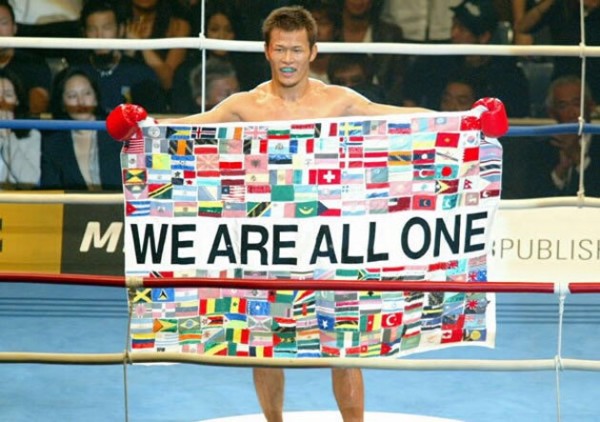Hober Mallow
Back in the days of reading a lot of science fiction, Isaac Asimov’s Foundation trilogy ranked low on the list of favorites but conveyed a few mental utilities. One was Hober Mallow, the inventor of psychohistory, a mathematical way of predicting how human populations would act.
Psychohistory allowed the scientist to calculate how people would act. Like behaviorism, it favored external influences over both biology and moral choice. Individuals did not matter; the dynamics of the group could be calculated and reveal the pattern of wars and civilization life cycles.
Already it was clear to me that behaviorism was a complex way of expressing individualism. For the individual to be supreme, everyone else had to be reduced to a mental representation of a fungible mass of identical individuals. “I” versus the world, personified as a person who could be manipulated.
If you want to know what makes people oppose Abrahamism, it is this idea: there is no inner good or bad, only people who need to be instructed, bribed, and shamed into doing what is “good.” Like behaviorism, this regulates the methods we use from an external perspective.
In effect, this makes good people worthless because good and bad are equal in its view, and all that matters is having the right Control system in place to make the bad act good. Behaviorism is both an explanation for human behavior and a commandment to manipulate it.
The fundamental notion of the Abrahamic faiths — Zoroastrianism, Judaism, Christianity, Islam — appears to be the “personal God,” which translates to narcissistic individualism because people presume the universe seeks to shape outcomes for them by changing the methods used around them.
In saner times, we would have seen this as a mental dysfunction, but in mixed-race Iudaea, every citizen was a mixture of traits from their different heritages, so consistency went out the window. Instead a sense of paranoia, self-pity, and need for power possessed them.
Judaism after all is matrilineal because the maternal line reflects its European roots, not its Arabic ones. If anything, Jews long to return to their European roots and purge their middle eastern ones, but being mixed makes this impossible.
When Europeans criticize Jews, the critique inevitably involves behaviors that naturally arise from the personal God idea: paranoia, narcissism, and a manic focus on the bottom line that is materialism, which puts native European populations at risk because they are focused on more concerns.
These behaviors come from individualism, which is then projected onto others because it makes their desires seem to be understandable. If they are just like you, behaviorism makes sense, and you can easily manipulate them. It is a cynical, narcissistic viewpoint.
This disguises itself as an “ethic of caring for the stranger and those in need,” but it is a pathology based on self-pity, a natural consequence of individualism, which causes people to prioritize their judgments, desires, and sensations above the rest of the world.
The King himself gave us an insight into how the Abrahamist mental virus redefines what we see as “good”:
On Maundy Thursday, Jesus knelt and washed the feet of many of those who would abandon Him. His humble action was a token of His love that knew no bounds or boundaries and is central to Christian belief.
The love He showed when he walked the Earth reflected the Jewish ethic of caring for the stranger and those in need, a deep human instinct echoed in Islam and other religious traditions, and in the hearts of all who seek the good of others.
We do not need to care for the stranger and those in need, we need to build a functional society where those who are willing to take reasonable steps to survive will thrive and those who are unreasonable — criminal, insane, sociopathic, retarded, stupid, psychopathic — get weeded out.
Hober Mallow would say that humans are all the same and therefore their trajectories can be computed. Pagans emphasized destiny instead, affirming that we are all different and have different roles. Judaism clashed with that, and this clash lives on in Western philosophy today.










